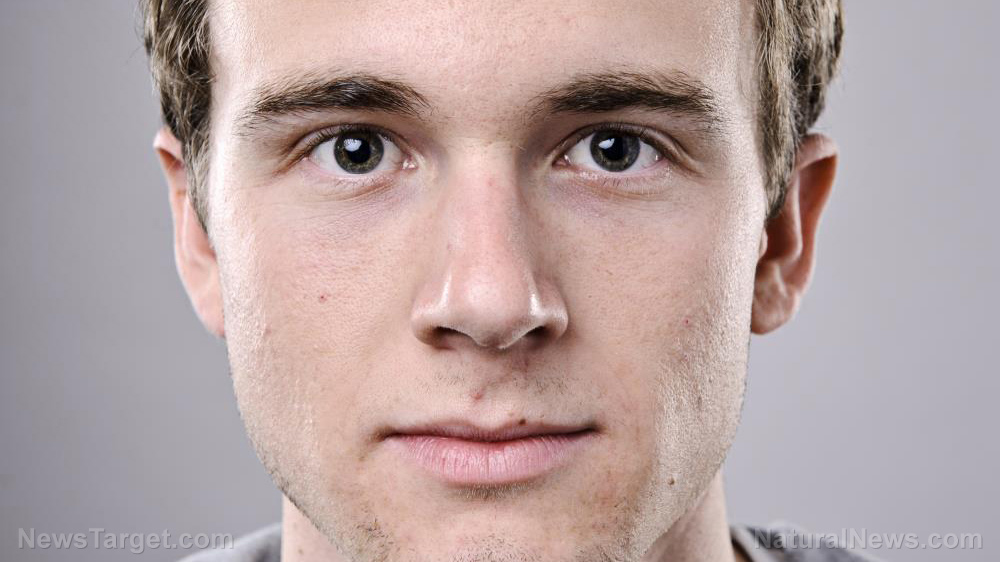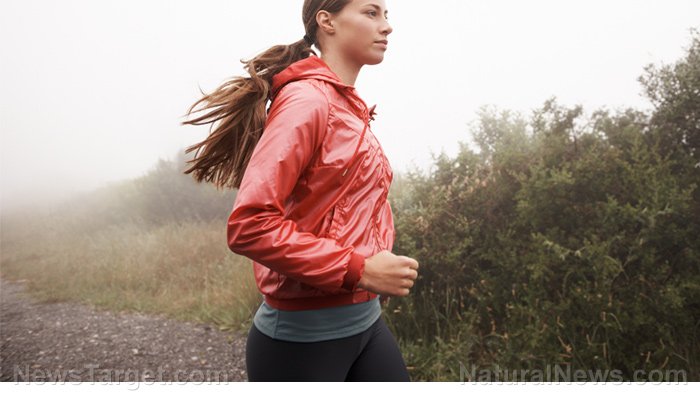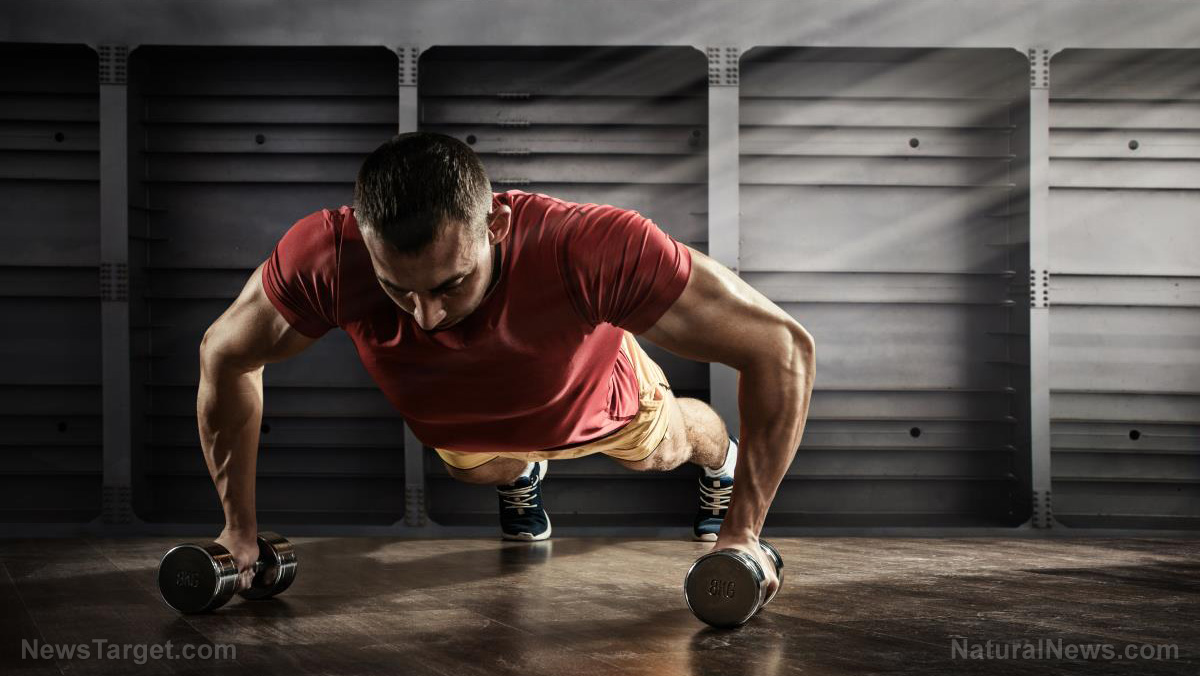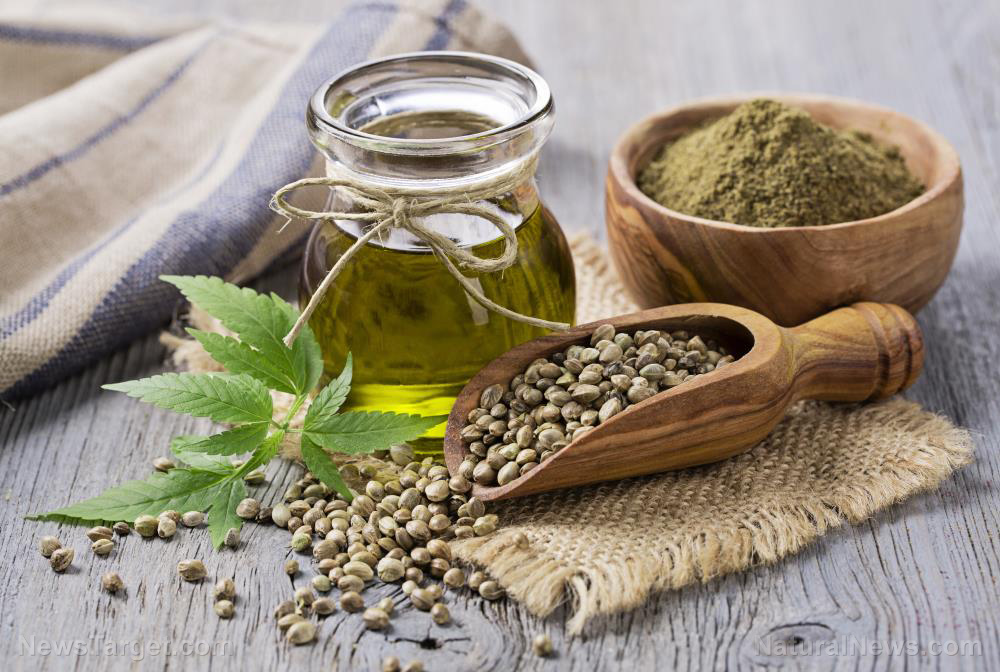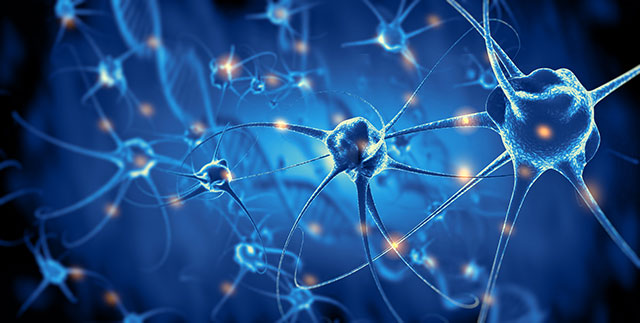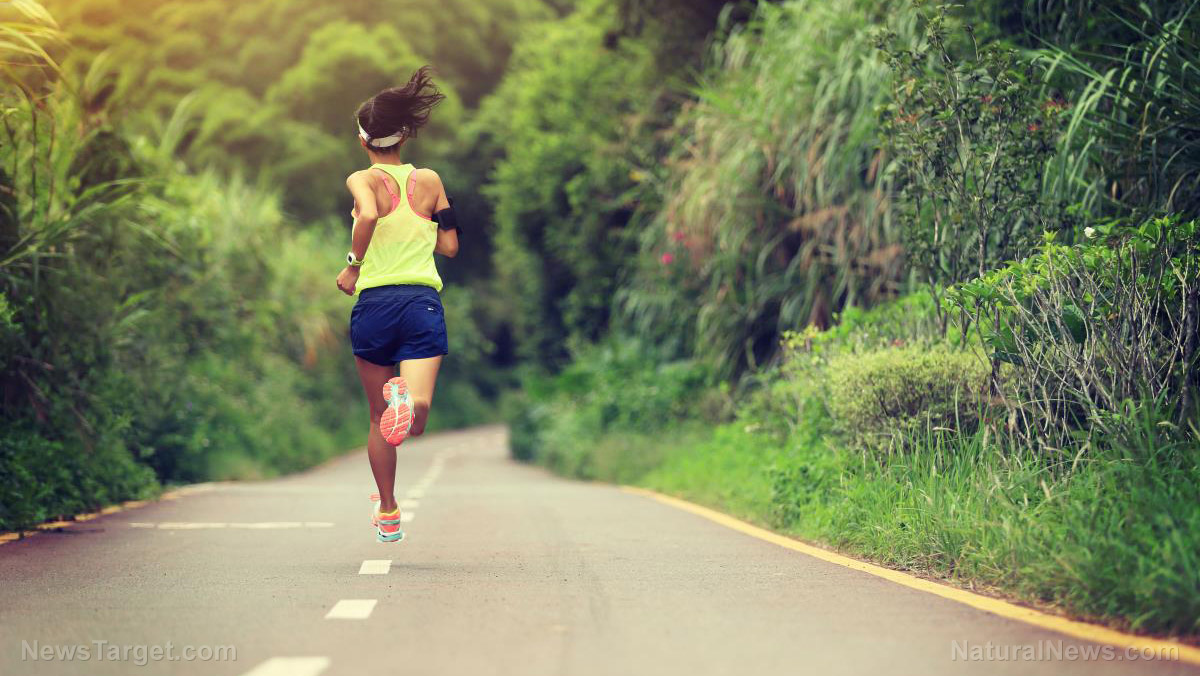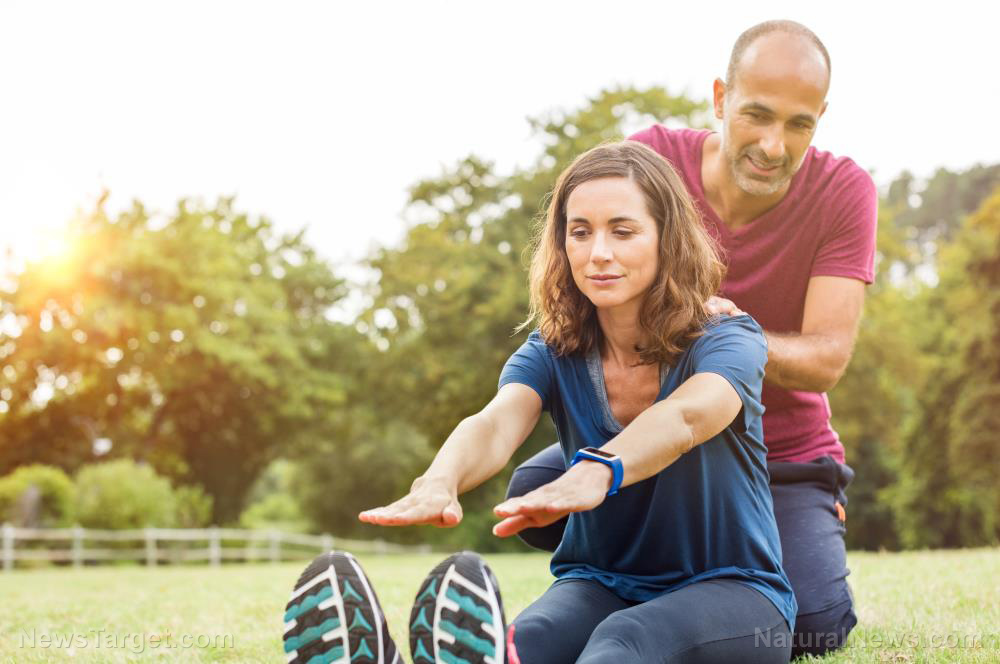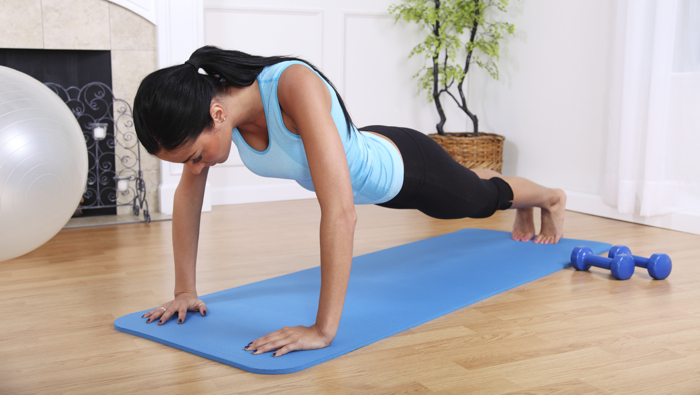Tai chi found to benefit the brains of older people
03/21/2019 / By Edsel Cook

Taking up mind-body exercises – for instance, ballroom dancing or tai chi – could help maintain the health of your brain and your body during the later years of your life. This regimen was supported by the results of a new study, in which exercises that involve both mental and physical activities raised the cognitive function of older adults.
The meta-analysis showed that learning, memory, the ability to speak fluently, and other parts of normal brain function benefited from mind-body activities. It matched the findings of earlier research regarding the positive effects of these types of workouts on the brain.
Researchers at Guangzhou University of Chinese Medicine (GZHUCM) went over 32 randomized controlled trials involving mind-body exercises for older adults. Eighteen of those studies covered the cognitive activity of participants who were in good health. The remainder involved patients diagnosed with mild problems in their cognition.
The outcomes of those studies were collated into one set before being divided into groups. Each group underwent analysis for the effectiveness of the exercise. The time it took for an activity to improve the cognition of participants was also measured. (Related: Boost your intelligence AND your physical activity with dancing.)
Ballroom dancing and tai chi deliver the same benefits to your brain and body
The GZHUCM researchers covered several types of dances, the Pilates training regimen, and tai chi. These activities are considered to put both the mind and the body to work at the same time. The study is considered to be one of the first to combine these mind-body therapies.
“We found out that mind-body exercises, especially tai chi and dance, are beneficial for improving global cognition, cognitive flexibility, working memory, verbal fluency, and learning in cognitively intact or impaired older adults,” reported GZHUCM researcher Chunzhi Tang.
He suggested older adults take up exercise regimens with moderate amounts of intensity. Spending one to two hours every week on a mind-body exercise regimen would be enough to activate the health benefits.
Furthermore, Tang brought up the considerable differences between the activities in the evaluation. Ballroom dancing and tai chi both belonged to the mind-body exercise group, but dancing called for a greater amount of physical movement while tai chi required much slower activity.
Surveying the results of the experiments showed that the mind-body exercise group performed better than the control group. Participants who performed these exercises displayed higher levels of global cognition; among other achievements, they showed better comprehension, language skills, and sharper memory.
Mind-body exercises increase flexibility and improve task shifting of brain
In addition, the participants showed greater levels of cognitive flexibility. One of the most important jobs of the brain, cognitive flexibility is the ability to consider more than one thought at the same time.
Among other things, this flexibility called for “task shifting.” A person can switch his attention from one job to another without even thinking about it. This was much easier for participants who did mind-body exercise.
“Good executive function can help older adults make appropriate decisions, focus on important details, store information in working memory, and shift tasks,” explained Tang. “In our opinion, the moderate dose (60 to 120 minutes per week) of mind-body exercise is associated with the improvement of global cognition and could be recommended for older adults with or without cognitive impairment for better health.”
Given the results of the meta-analysis, Tang and the other GZHUCM researchers concluded that a weekly regimen of mind-body exercise offered promise as a form of therapy for people who wanted to keep age from dulling their minds as they grew older. The exercise could be the primary therapy or a supplement to the main treatment.
Sources include:
Submit a correction >>
Tagged Under:
aging, brain function, brain health, dancing, exercise, fitness, mind-body exercises, Pilates, remedies, research, seniors, slender, tai chi
This article may contain statements that reflect the opinion of the author
RECENT NEWS & ARTICLES
COPYRIGHT © 2017 MENS FITNESS FOCUS

